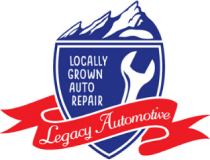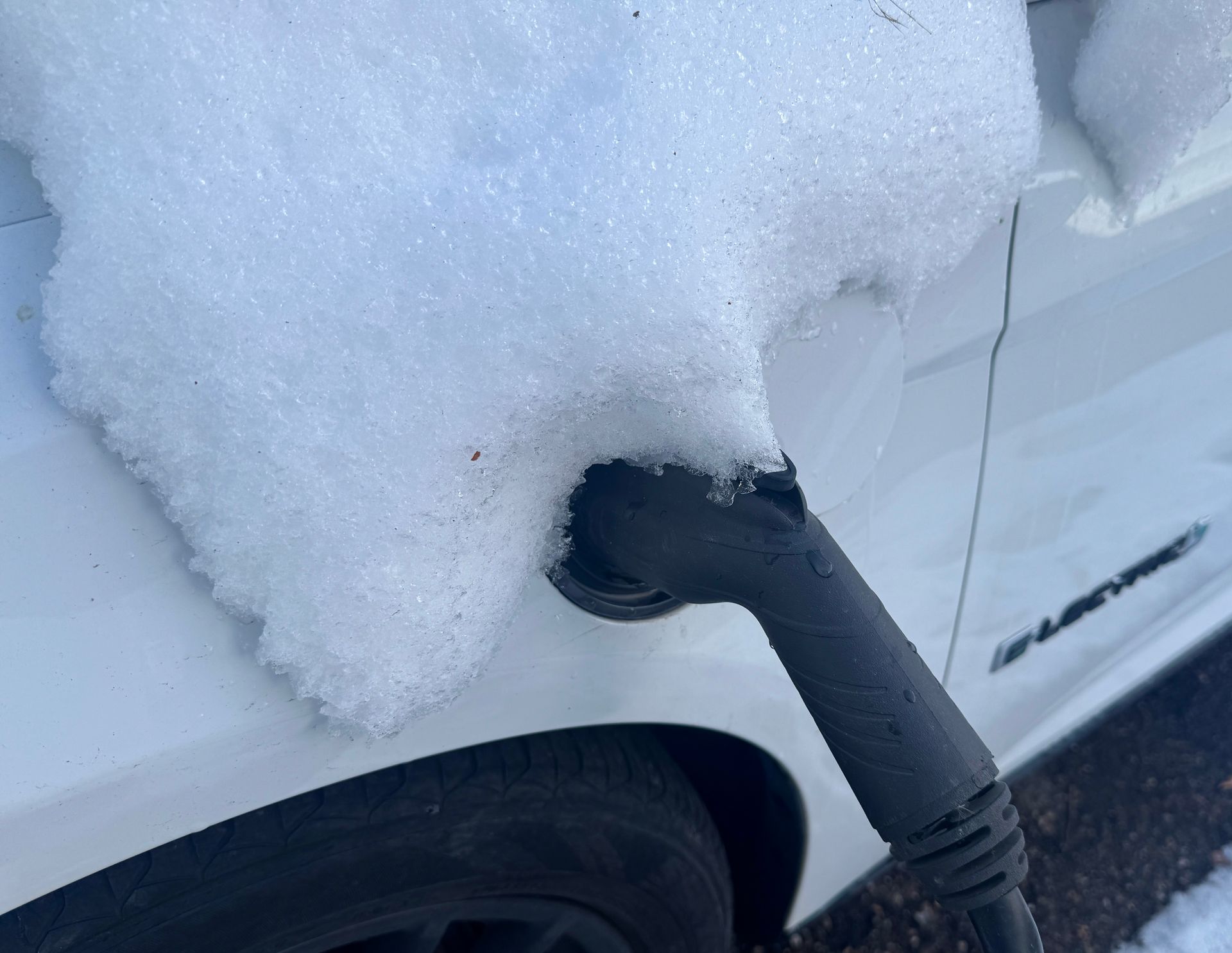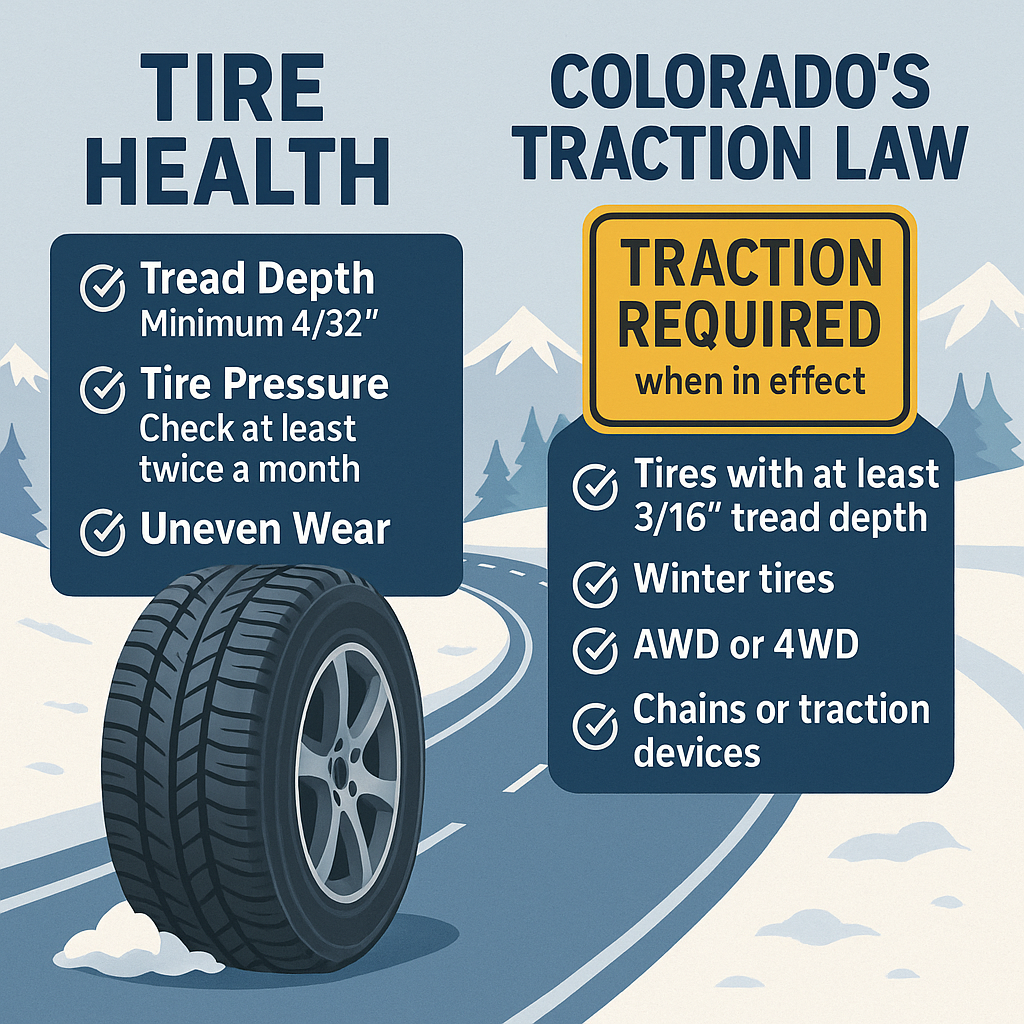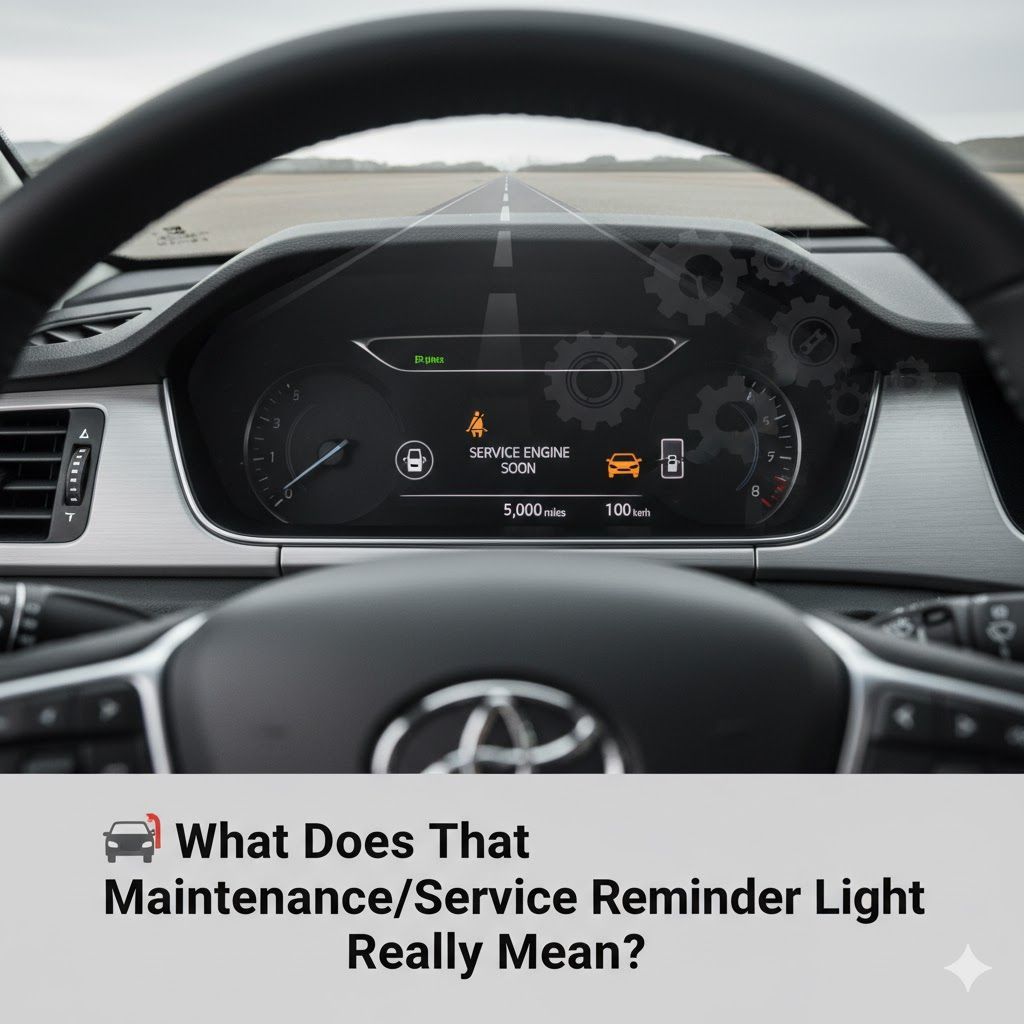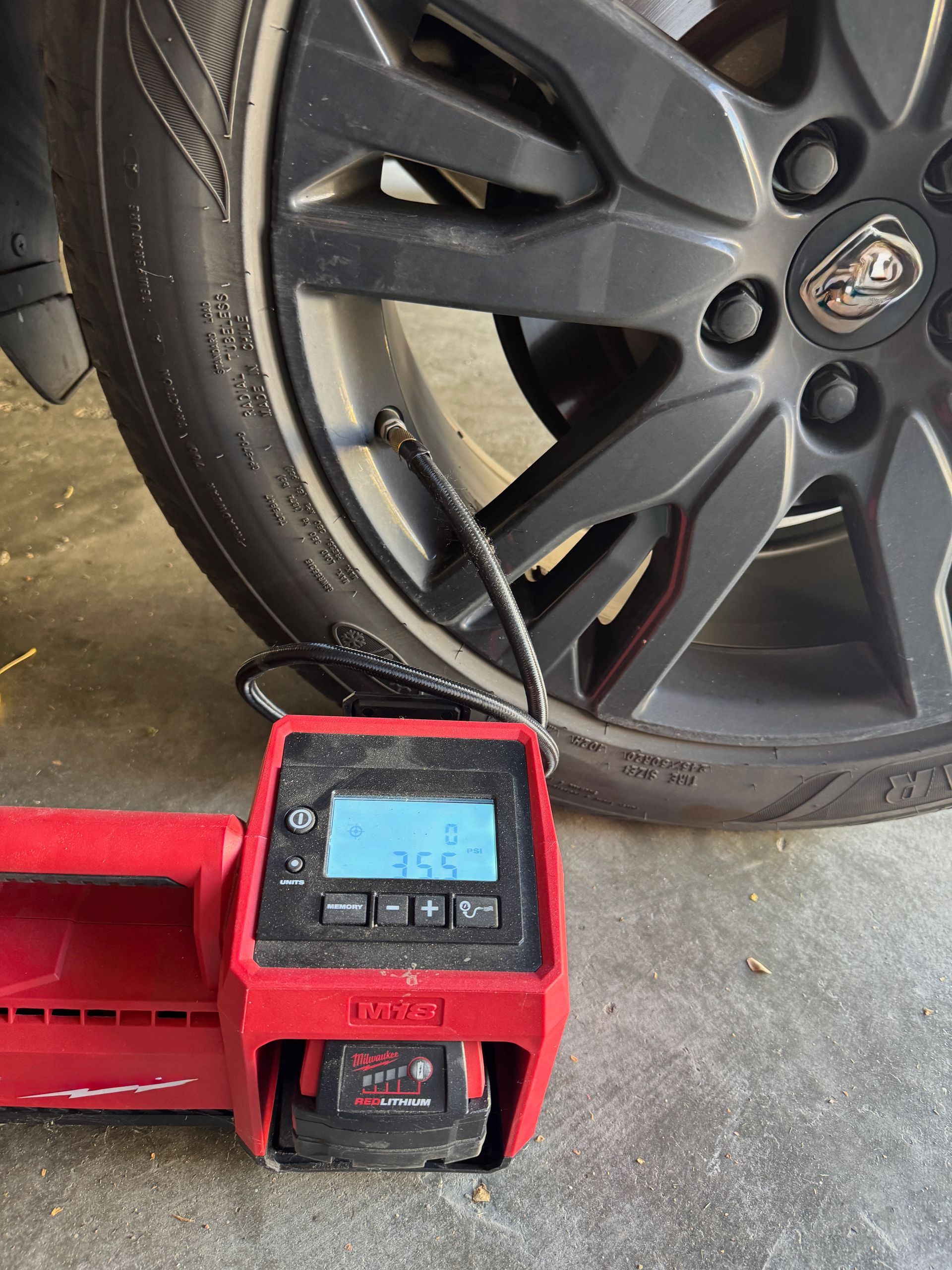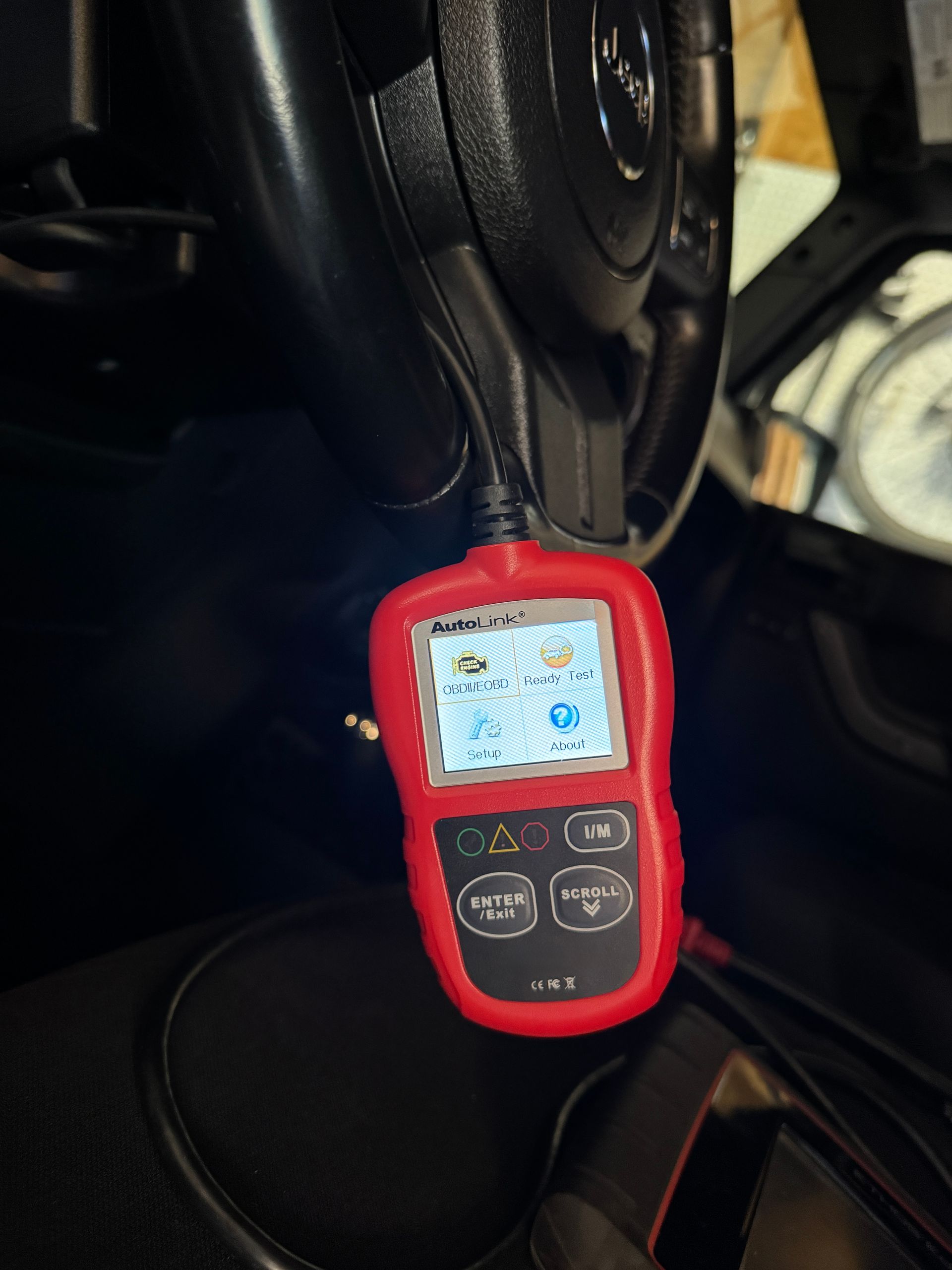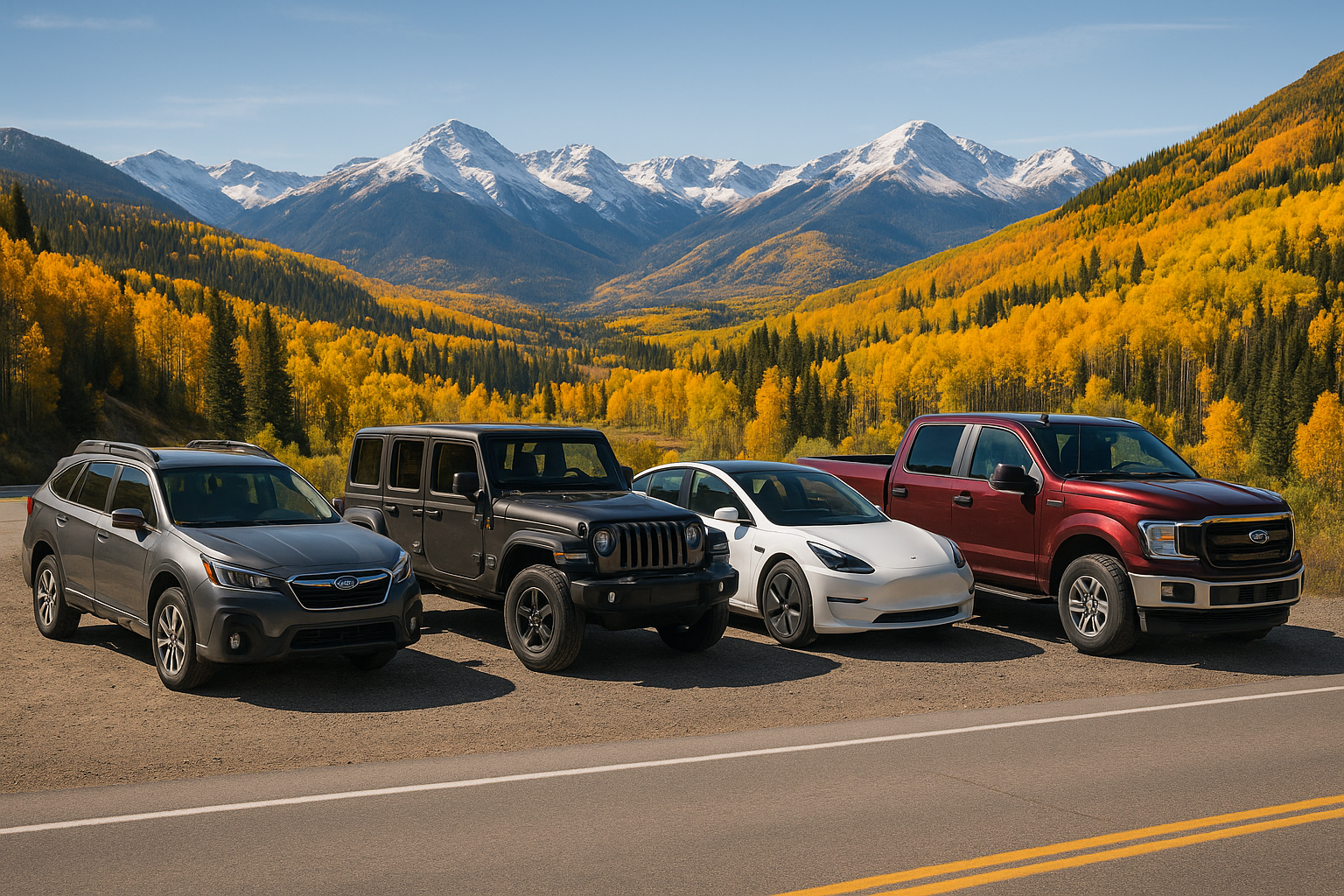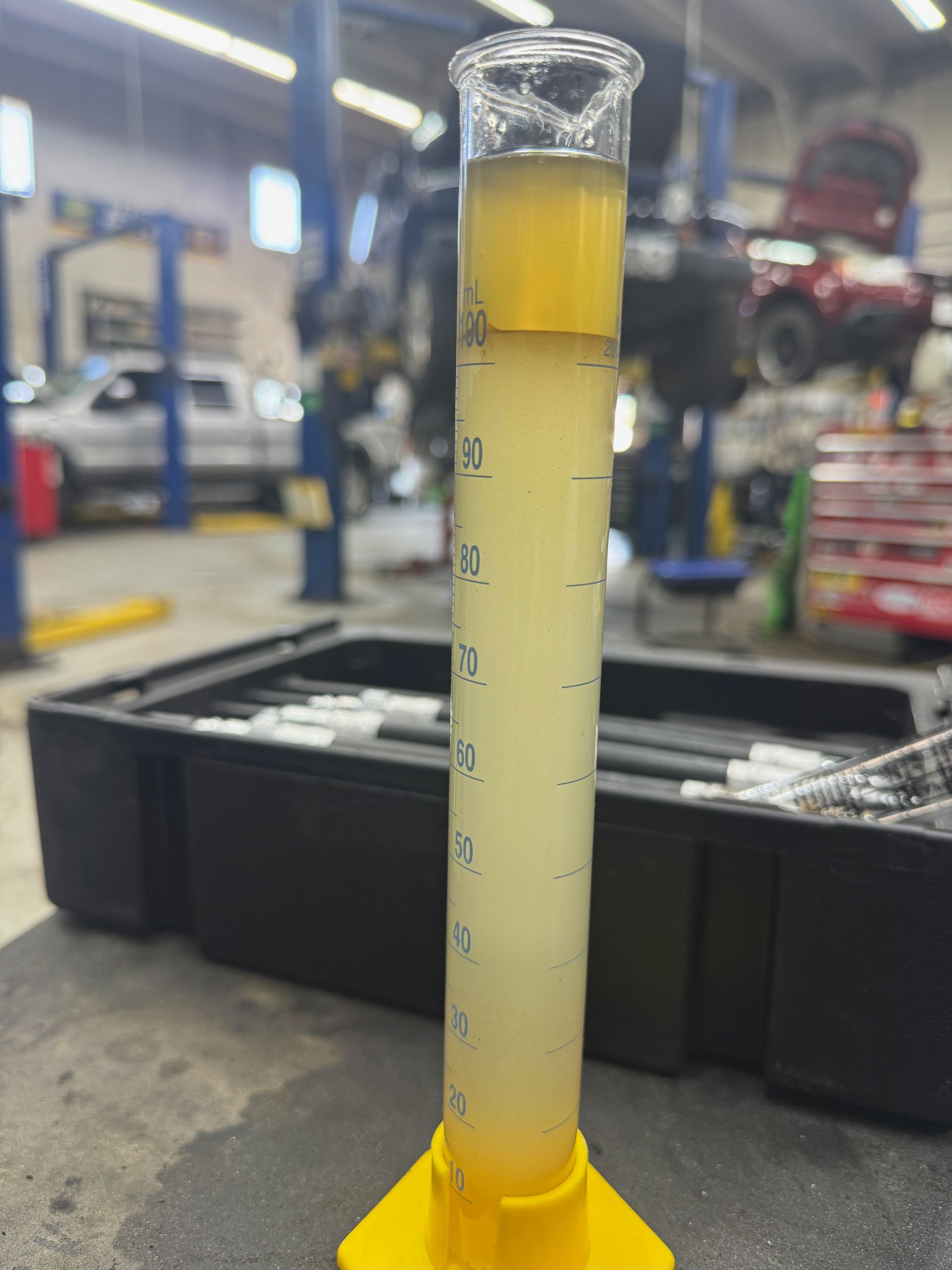Do EVs Need Service? Yes – Here’s What Colorado Drivers Should Know
Do EVs Need Service? Yes – Here’s What Colorado Drivers Should Know
Electric vehicles (EVs) are gaining serious traction in Colorado, from the bustling streets of Denver to the scenic routes of the Rockies. With incentives, access to HOV lanes, and a growing charging network, more drivers are making the switch. But there’s one question many new EV owners have:
“Do EVs really need service?”
Short Answer: Yes. Just… less of it.
While EVs are mechanically simpler than gas-powered cars, they aren’t maintenance-free. Let’s clear up what kind of service your EV does need — and what you can skip — especially if you’re driving in Colorado’s unique mix of mountain terrain and cold winters.
Why EVs Need Less Maintenance
EVs don’t have:
- Oil changes
- Spark plugs
- Timing belts
- Fuel filters
- Transmission fluid (in most models)
That’s because they don’t have an internal combustion engine. Fewer moving parts mean fewer things that wear out or break.
But that doesn’t mean you can skip the shop entirely.
What Service Does an EV Actually Need?
1.
Brake Service – Yes, Even With Regenerative Braking
EVs use regenerative braking, which slows the car by using the motor rather than the brake pads. This reduces wear — but in Colorado’s mountain towns like Vail or Estes Park, braking still happens more than you’d think, especially going downhill.
✅ Service tip: Have your brakes inspected at least once a year. Cold temperatures and road salt can also impact brake components.
2.
Tire Rotations & Alignments
EVs are heavier due to their batteries, so tires wear out faster — especially if you enjoy all that instant torque.
✅ Service tip: Rotate your tires every 5,000–7,000 miles, and check alignment if you’ve hit a pothole or curb (not uncommon with Colorado’s freeze-thaw roads).
3.
Battery Health & Cooling System
Your EV battery needs to stay cool to stay healthy. Modern EVs have liquid cooling systems that require periodic inspections.
✅ Service tip: Ask your dealer or EV-certified mechanic to check the battery cooling system during annual checkups.
4.
Cabin Air Filters
Colorado’s dry climate and frequent wildfires make air quality a real concern. Your EV’s cabin air filter keeps that air clean.
✅ Service tip: Replace cabin filters every 12–24 months, or more often if you notice reduced airflow.
5.
Software Updates
Think of your EV like a smartphone on wheels. Manufacturers often push updates that improve range, add features, or fix bugs.
✅ Service tip: Make sure your EV is connected to Wi-Fi at home or check for updates during service appointments.
Colorado-Specific Considerations
- Cold Weather = Range Loss: Cold temps can sap your EV’s range by 20–40%. Keeping your battery in good shape and preconditioning your cabin while plugged in can help.
- Road Salt & Corrosion: Winter road treatments can corrode suspension and underbody parts. Annual inspections are a smart preventative step.
- Mountain Driving: Frequent elevation changes can tax brakes and tires — especially if you tow or haul gear for mountain sports.
Bottom Line: EVs Are Lower Maintenance — Not No Maintenance
Owning an EV in Colorado is a smart move — for your wallet and the environment. Just don’t forget that like any car, it still needs some TLC to stay in top shape. Regular service ensures you keep enjoying that smooth, quiet, electric ride for years to come.
Need help finding an EV-certified service center in Colorado? Or wondering how your driving habits affect EV wear and tear? Drop us a message — we’re here to help you keep your electric car road-ready, all year round.
